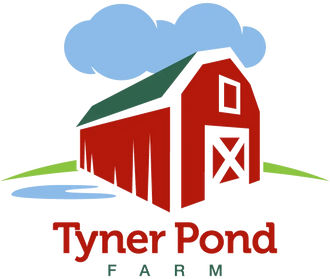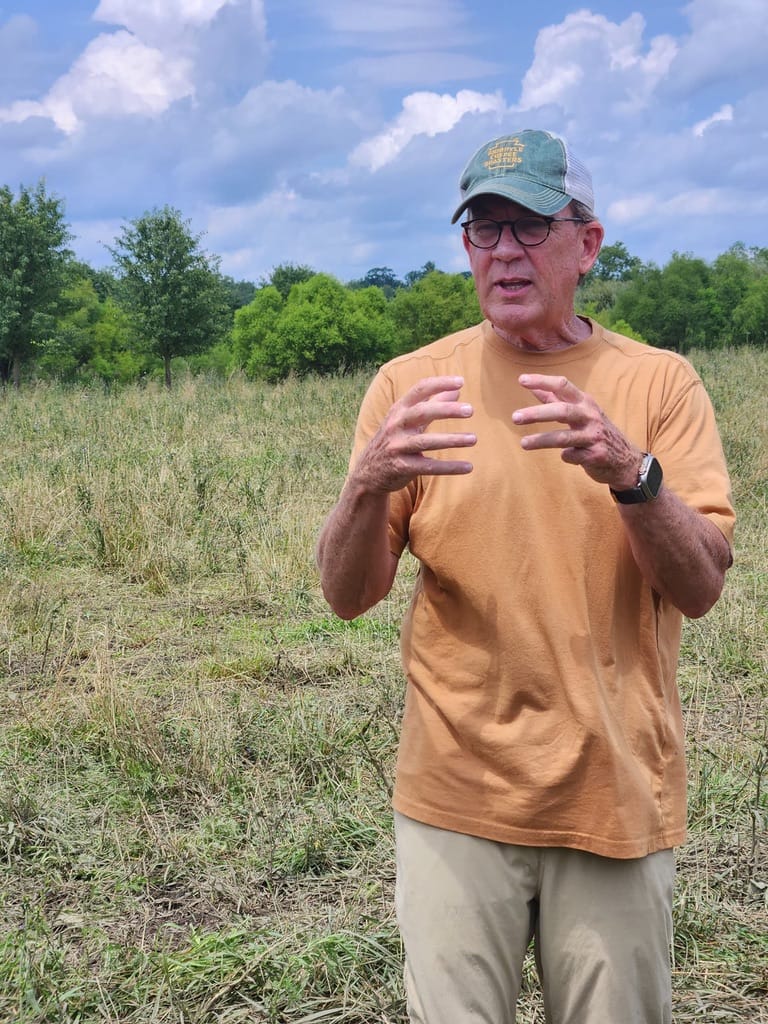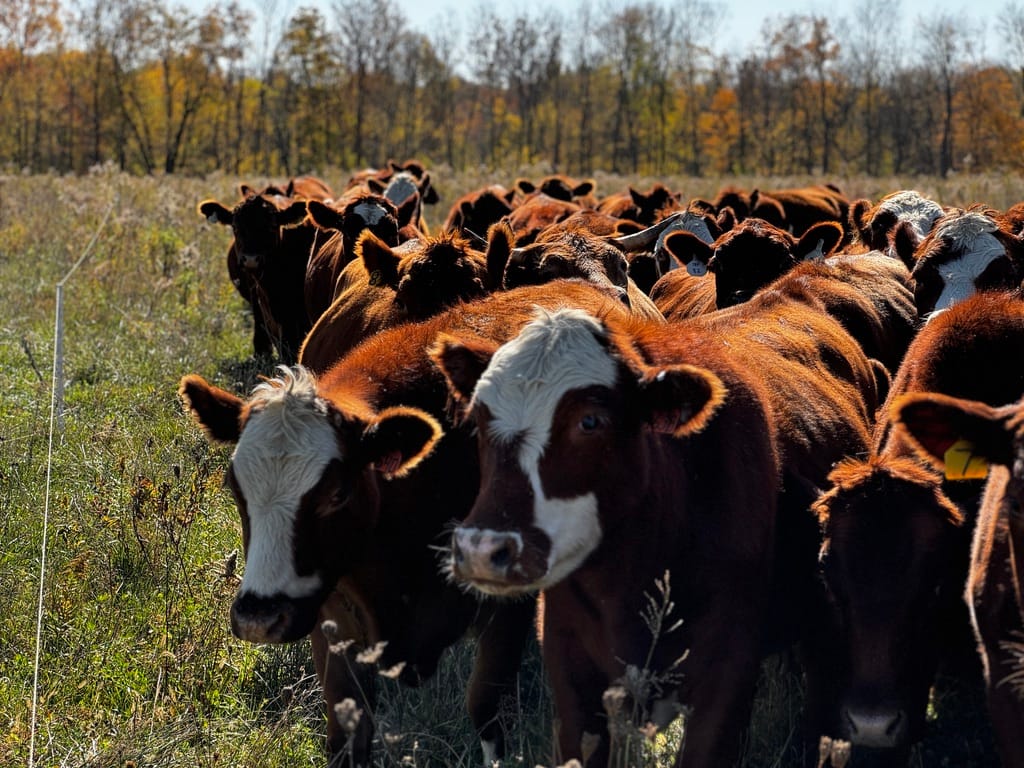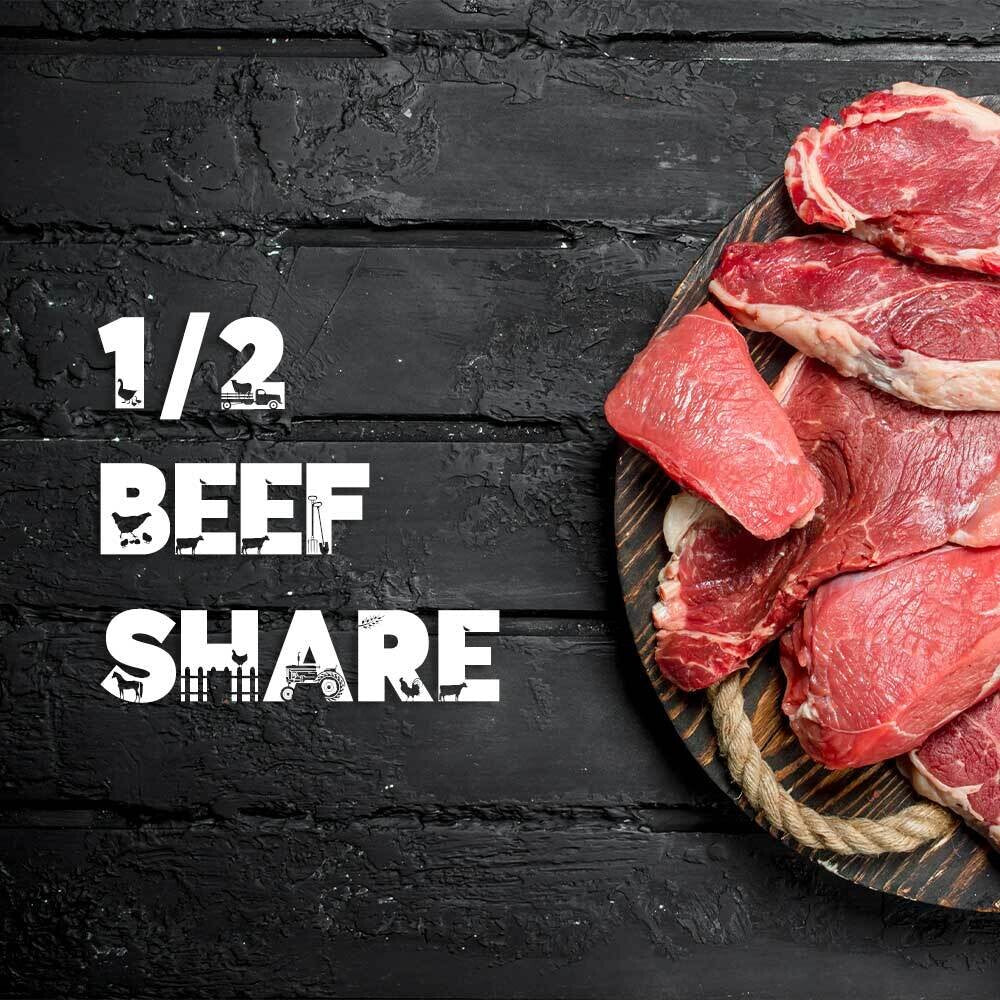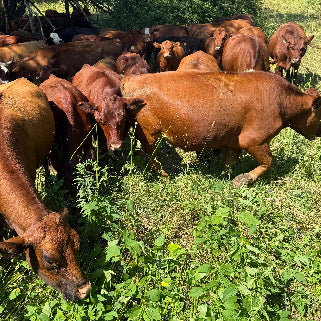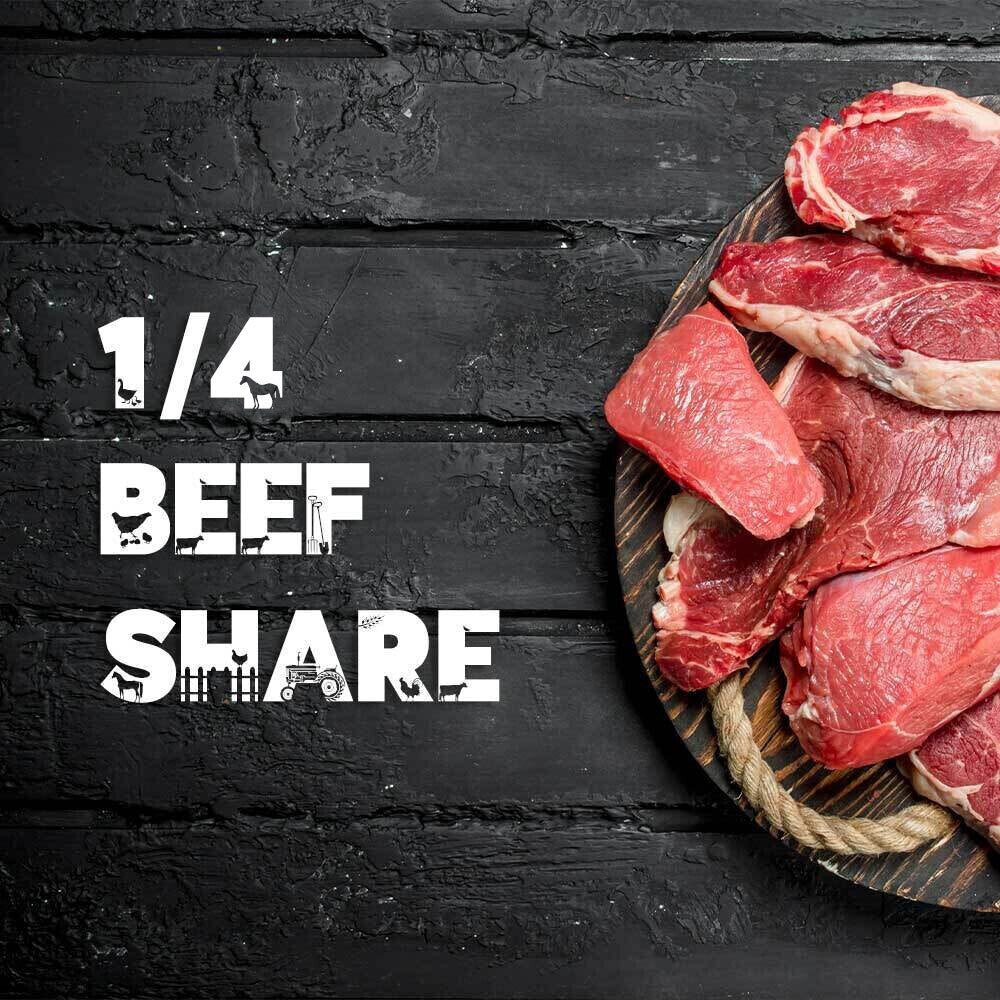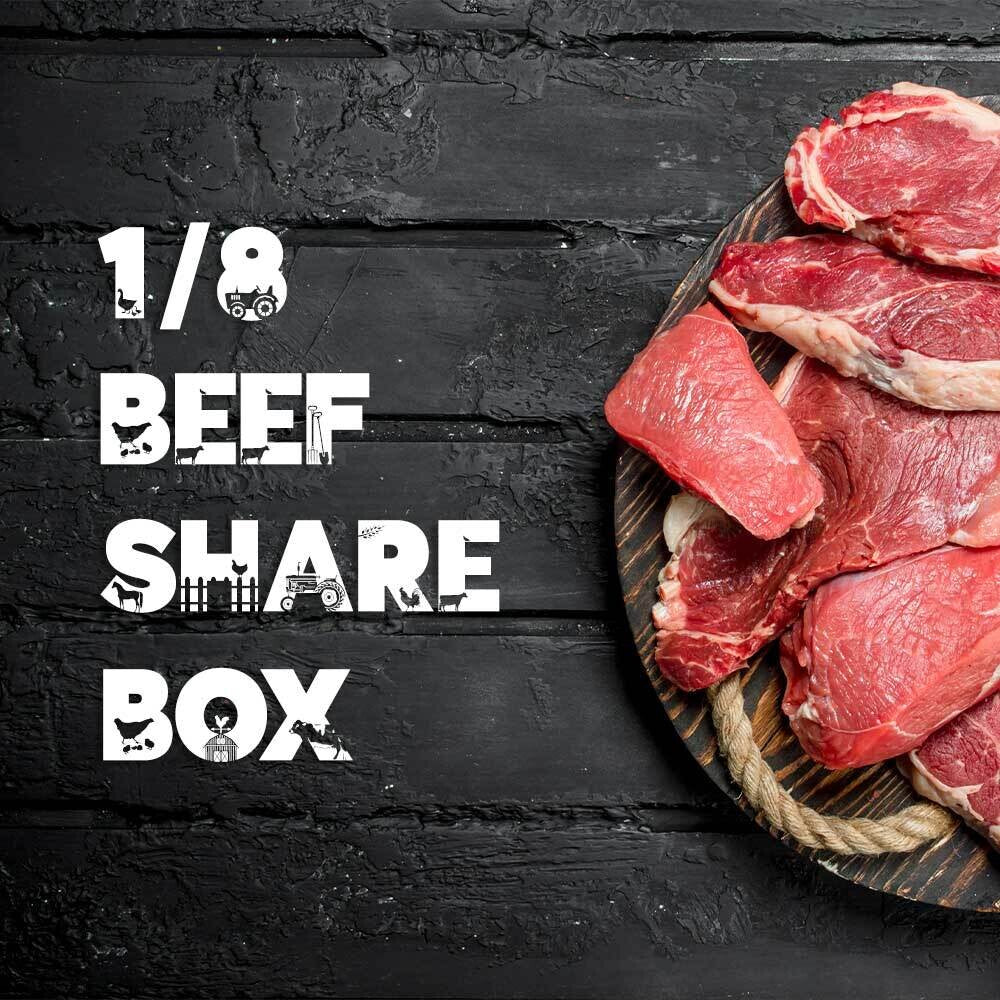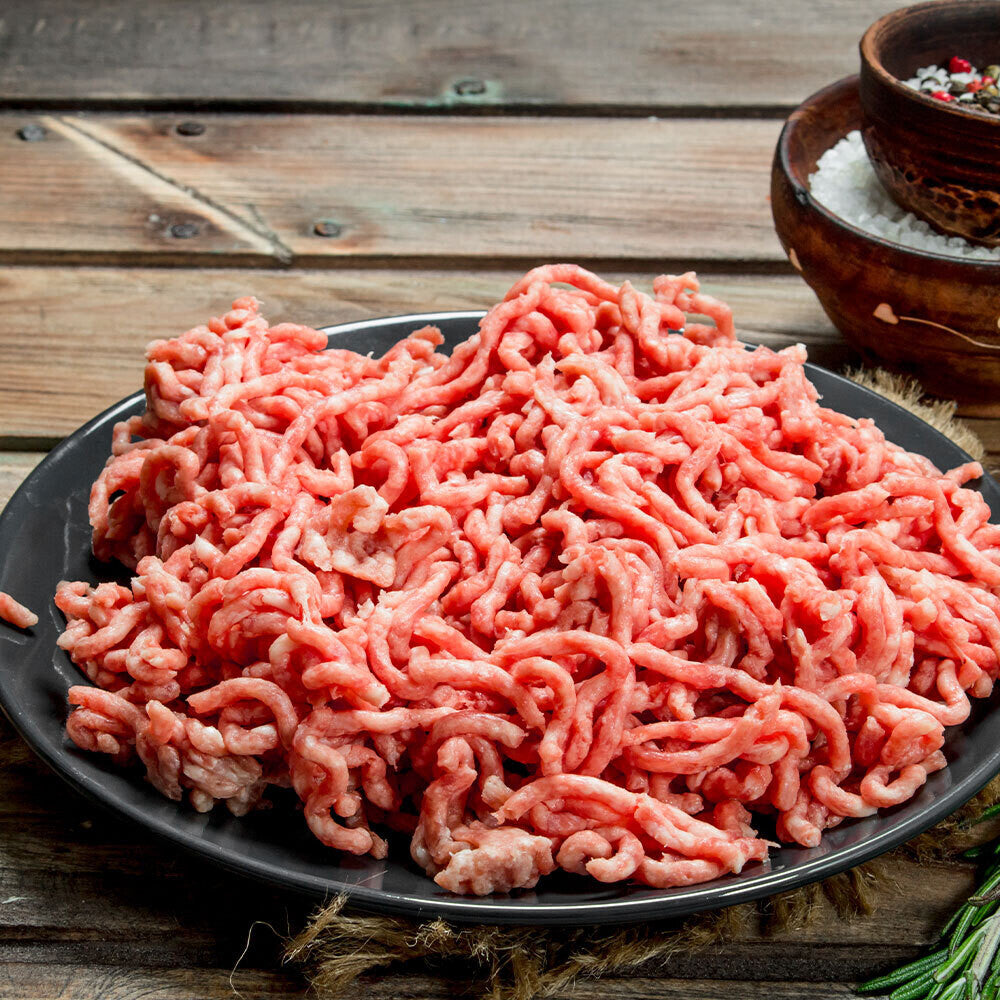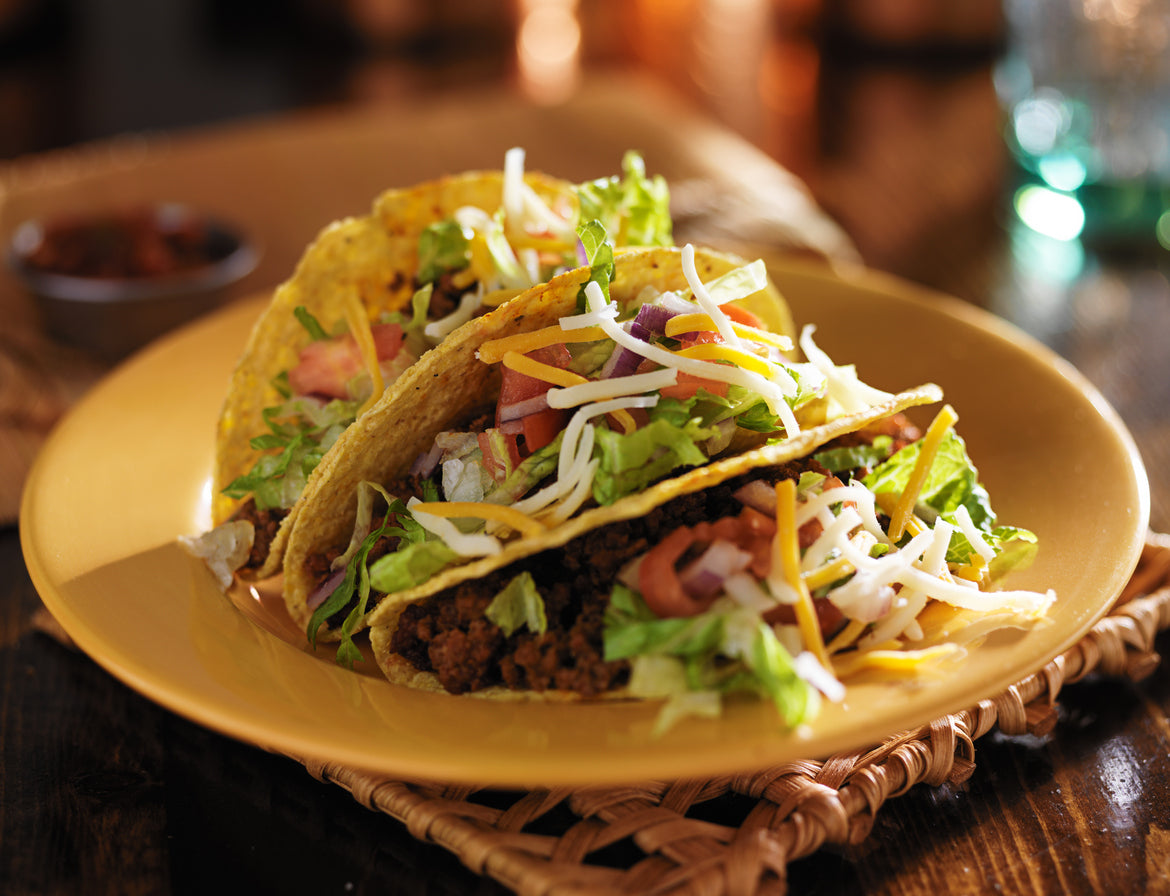
Working with Nature for Food Security: Tyner Pond Farm's Approach to Independence
Many people believe that our way of farming is solely about environmental conservation, and while there is truth to that, we firmly believe that food security is fundamentally linked to environmental security and concern over corporate consolidation in the food industry
At Tyner Pond Farm, our philosophy of working with nature rather than trying to conquer it is deeply intertwined with our commitment to food security. In a world increasingly dominated by corporate interests, we believe that true food security comes from independence and self-sufficiency. Our sustainable and regenerative practices are designed to create a resilient food system that doesn't rely on corporate dependencies.
Sustainable Land Management
Our farm in Indiana is a living example of how sustainable land management can enhance food security. By observing and understanding the natural cycles of the land, we have developed practices that maintain and improve soil health, water resources, and biodiversity. Managed Intensive Grazing (MIG) is at the heart of our approach. By rotating our cattle daily across pastures, we mimic the natural grazing patterns of wild herbivores, promoting healthy grass growth and soil fertility. This method eliminates our reliance on external inputs like synthetic fertilizers and pesticides, which are often controlled by large corporations. Instead, we build fertility naturally through the animals' grazing and manure, creating a closed-loop system that enhances our farm's resilience and productivity.Promoting Biodiversity for Resilient Ecosystems
Biodiversity is crucial for a resilient farm ecosystem and, consequently, for food security. At Tyner Pond Farm, we encourage a diverse range of plant and animal life. Our rotational grazing practices allow a variety of grasses and legumes to thrive, providing a balanced diet for our livestock and supporting soil health. We also raise pasture-raised chickens in mobile hoop houses, which follow our grazing cattle. These chickens help control pests naturally and contribute to soil fertility through their manure. By integrating multiple species, we create a symbiotic environment that reduces the need for corporate-controlled inputs and enhances our farm's resilience against pests and diseases.Soil Health as the Foundation of Food Security
Healthy soil is essential for sustainable food production. Rather than relying on chemical fertilizers and pesticides, which are often produced by large corporations, we focus on building soil health through natural practices. The antibiotic free manure from our livestock enriches the soil, promoting microbial activity and improving soil structure. These practices ensure that our soil remains productive and resilient, reducing our dependence on external inputs and enhancing our food security. By maintaining healthy soils, we can produce nutrient-rich food sustainably, supporting the health of our community and reducing our vulnerability to supply chain disruptions.Water Management for Sustainability
Water is a critical resource for food production, and managing it wisely is key to our farm's sustainability. We use practices that enhance water infiltration and retention, reducing the need for irrigation and protecting water quality. Our pastures are designed to capture and absorb rainfall, preventing runoff and promoting groundwater recharge. Healthy root systems and organic matter in the soil increase its water-holding capacity, supporting plant growth during dry periods and reducing the risk of flooding during heavy rains. This approach helps us manage water resources independently.Independence from Corporate Control
At Tyner Pond Farm, our commitment to working with nature extends to our stance on corporate control in the food system. Industrial farming practices often prioritize efficiency and profit over environmental health and food security. They create dependencies on synthetic inputs, genetically modified seeds, and centralized distribution systems, making farmers and consumers vulnerable to market fluctuations and corporate interests. By adopting sustainable and regenerative practices, we create a more self-sufficient and resilient food system. Our approach reduces our reliance on external inputs and corporate-controlled technologies, giving us greater control over our production processes and ensuring a steady supply of healthy, nutritious food for our community.Building Community Resilience
Food security is not just about producing enough food; it's also about building resilient communities that can withstand economic and environmental shocks. At Tyner Pond Farm, we believe in fostering strong relationships with our local community. By selling our products directly to consumers through our website and our farm store, we create a direct connection between producers and consumers. This direct-to-consumer model reduces the distance food travels, minimizes our footprint, and supports the local economy. It also ensures that our customers have access to fresh, healthy food, free from the uncertainties of global supply chains and corporate dependencies.Why It Matters
At Tyner Pond Farm, we are committed to working with nature to enhance food security and reduce corporate dependencies. Our sustainable and regenerative practices create a resilient farm ecosystem that can produce healthy, nutritious food independently. By prioritizing soil health, water management, and biodiversity, we build a strong foundation for long-term food security. To challenge the corporate system, we encourage people to become "citizens" rather than just consumers. Support local campaigns that matter to food farmers, participate in food cooperatives, and buy directly from local farmers you know and trust. Use your consumer power to demand transparency and secure practices. We invite you to join us in this mission. Whether you are a fellow farmer, a conscious consumer, or someone who cares about the future of our food system, there is a role for you in this. Together, we can create a food system that is resilient, sustainable, and independent from corporate control, ensuring food security for future generations.
Tags:
Previous post
What is Holistic Cattle Management?
Next post
